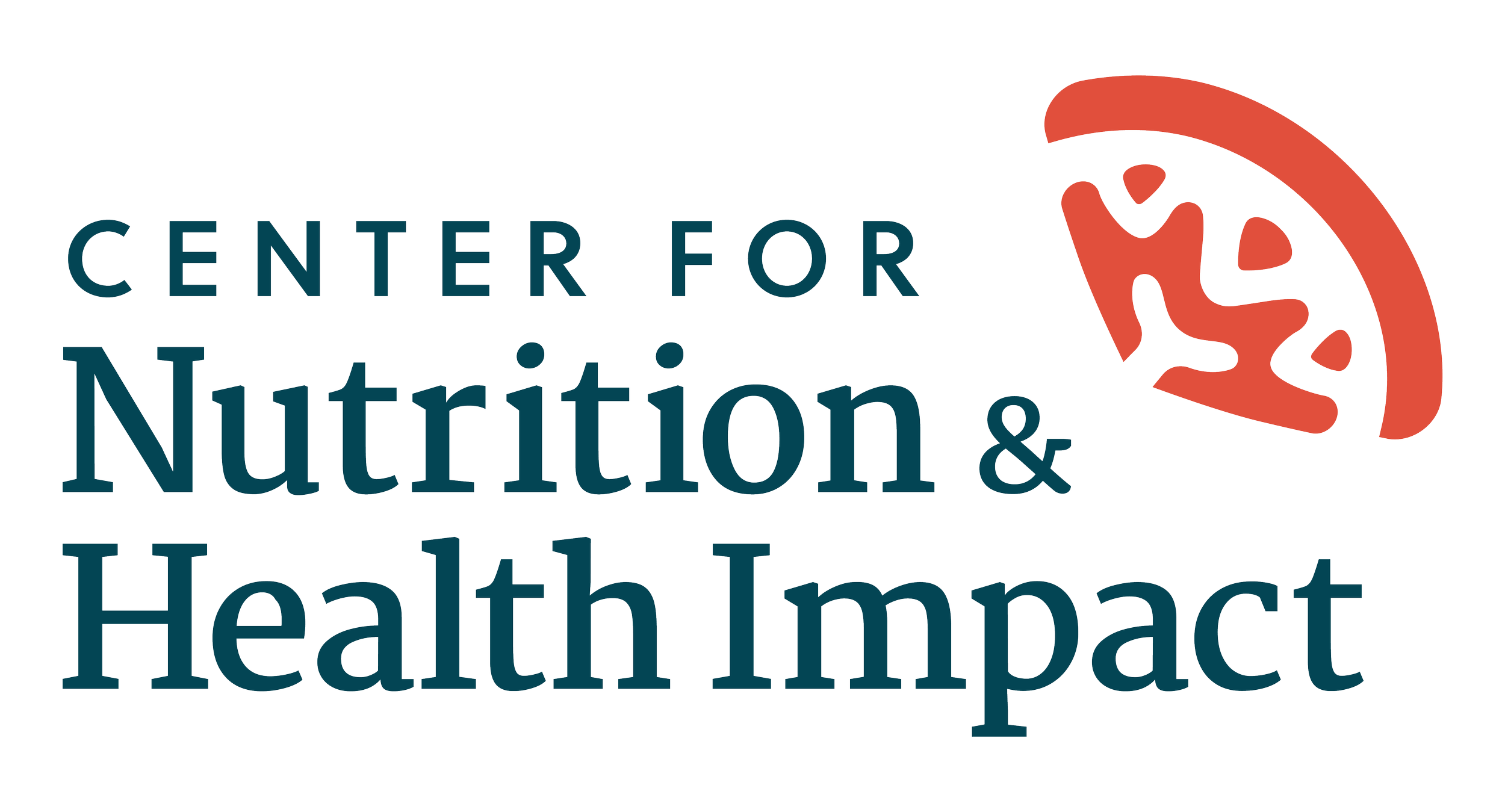Established in 2019, the Rooted in Evidence Food Bank Grant and Evaluation Program funds eligible food banks working to support innovative and dynamic programming to improve the health and dietary quality of emergency food recipients. In this new round of funding, a total of $175,000 will be awarded, in the form of seven $25,000 grants. In addition, selected grantees will receive an evaluation designed by the Center for Nutrition & Health Impact (CNHI) in collaboration with grantee staff and volunteers, an added benefit worth approximately $25,000 per grant.
Unlike any other grant program, Rooted in Evidence is intended to provide visibility and measurable impact of programs that create lasting change within the food insecurity landscape. By providing food banks with the tools necessary to measure impact of their programs while simultaneously building capacity for measurement and evaluation, programs will be enhanced in order to maximize time, talent and resources to better benefit the communities served.
Funding for this program is provided by the CHN Nebraska Foundation.
Food Bank Grant Program Past Grantees by Cohort
Meet our 3rd cohort of grantees
Manzanita Outreach | Redwood Empire Food Bank | Food Bank of Eastern Oklahoma
Community Food Share | Feeding Northeast Florida
Central California Food Bank | Second Harvest Food Bank of Northeast Tennessee
Learn more about the 2021-2022 innovative projects.
Chester County Food Bank | FeedMore WNY | Houston Food Bank | Second Harvest of Central Florida
Learn more about the 2019-2020 innovative projects.
Food Gatherers | Foodlink, Inc.
Montana Food Bank Network | Second Harvest Food Bank of East Tennessee | Inter-Faith Food Shuttle
The Food Insecurity Landscape
Food insecurity is complicated.
It is the result of the convergence of a wide spectrum of socioeconomic and other factors. There continues to be a great need to research the upstream influences that contribute to food insecurity as well as innovative solutions to address this public health concern.
It’s prevalent.
Prior to 2020, one in eight Americans was classified as food insecure, most of us know someone who is struggling to put food on the table. Now with the effects of the COVID-19 pandemic, food insecurity rates have tripled. Now more than ever, food banks are pressured to make a positive impact – and fast.
It overlaps with obesity and chronic disease.
Poor access to healthy foods leads to poor dietary quality, and that leads to the comorbidity of chronic diseases and conditions such as cardiovascular disease, Type 2 diabetes and various forms of cancer.
It creates negative outcomes.
Food insecurity and poor dietary quality lead to cognition, learning and growth challenges for children, as well as increased risk for chronic diseases among adults. In addition, households that struggle with food insecurity often have to make tradeoffs with other basic needs such as medical care, utilities or housing.
Applications now closed
FAQ
View some of our frequently asked questions for clarification on eligibility, use of funds and more.
Sign Up for Updates
Want to stay up to date on the Rooted In Evidence Grant and Evaluation Program?
Sign up for email updates and the release of the next RFP.
Media Requests
For media requests, contact Senior Marketing and Communications Manager Courtney Freitag at cfreitag@centerfornutrition.org




